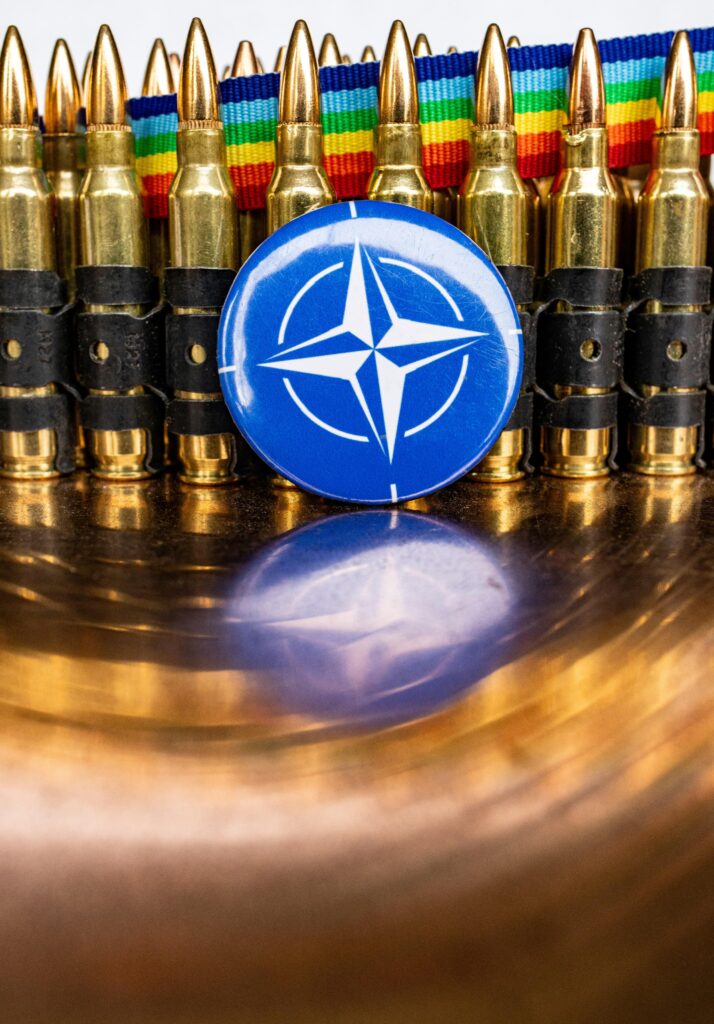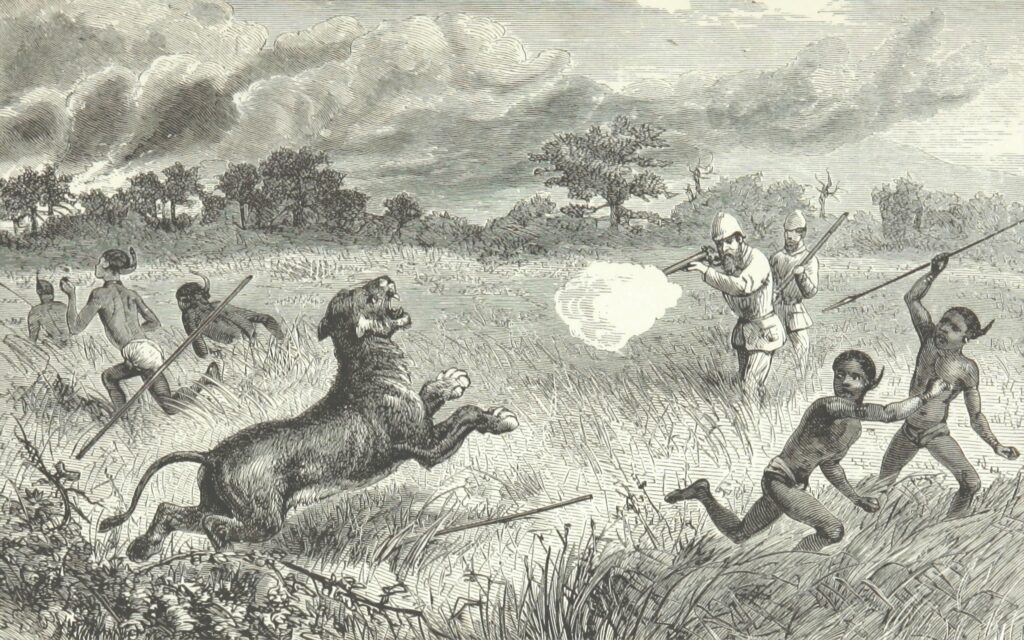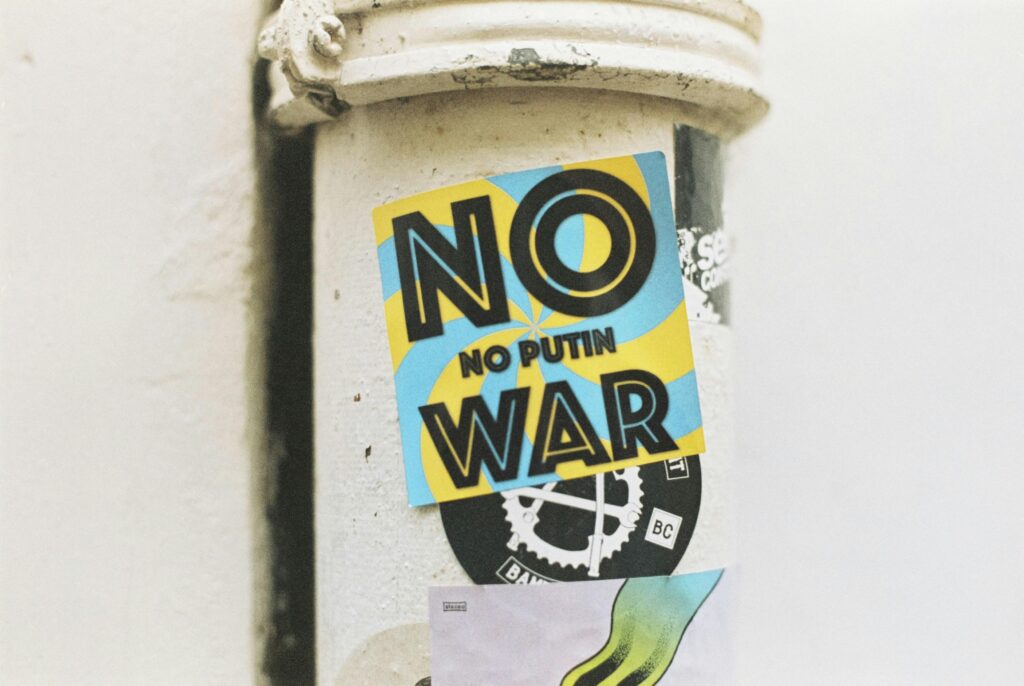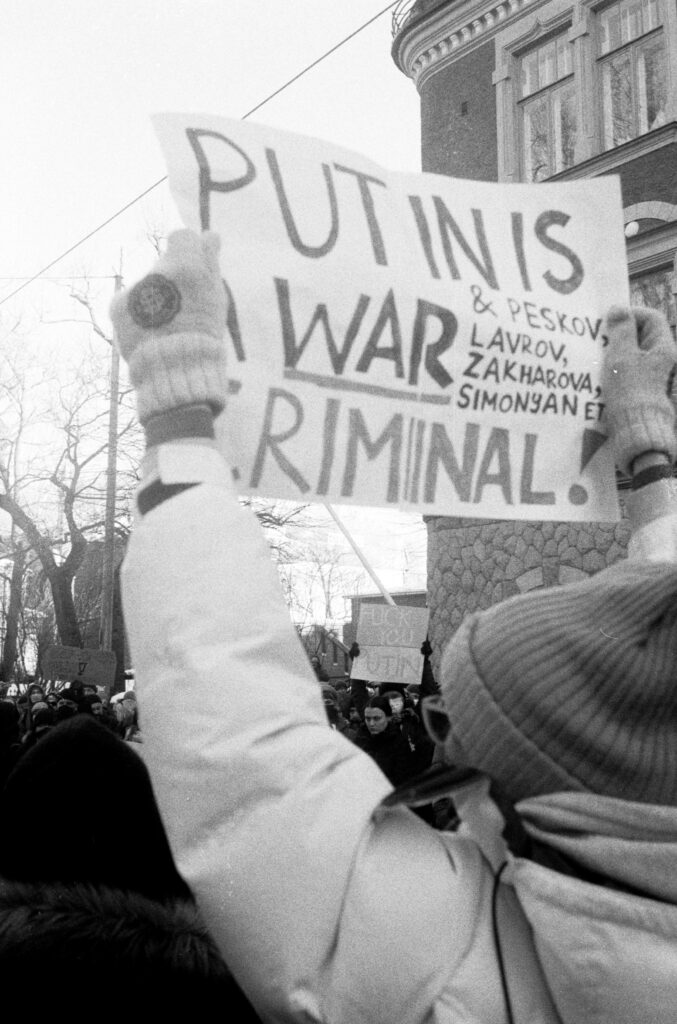The Korean War, often dubbed the “Forgotten War,” remains one of the most defining conflicts of the 20th century, shaping not only the Korean Peninsula but also the global order in profound ways. Beginning in 1950, this sudden and brutal clash between North and South Korea was more than just a battle for territory—it was a struggle emblematic of the larger ideological conflict of the Cold War era. Decades later, the war’s legacy continues to resonate, leaving behind a deep and lasting national divide that influences politics, culture, and identity to this day. In this article, we delve into the history and enduring impact of the Korean War, seeking to understand how the echoes of those turbulent years still shape the lives of Koreans on both sides of the DMZ.
Table of Contents
- Origins of the Korean Conflict and Its Enduring Impact on National Identity
- The Human Stories Behind the Battlefield and Their Role in Shaping Collective Memory
- How Political Divisions Have Perpetuated Economic and Social Challenges in Korea
- Pathways to Reconciliation Acknowledging the Past While Building a Shared Future
- Wrapping Up
Origins of the Korean Conflict and Its Enduring Impact on National Identity
The roots of the Korean conflict can be traced back to the period following World War II when the Korean Peninsula, liberated from Japanese colonial rule, was abruptly divided along the 38th parallel. This division, initially intended as a temporary administrative measure, soon solidified into a geopolitical rift influenced by emerging Cold War tensions. North Korea, backed by Soviet support, embraced a communist ideology, while the South, under American influence, pursued a capitalist and democratic path. The clash of these opposing systems, coupled with deep-seated historical grievances and nationalist aspirations, ignited a brutal war in 1950 that devastated the peninsula and reshaped regional dynamics.
The enduring impact of this conflict on Korean national identity is profound and multifaceted. The war not only left physical scars but also entrenched a psychological divide that persists today. Key aspects include:
- A shared narrative of resilience — both Koreas view the conflict as a defining moment of survival and sacrifice.
- Lasting political and ideological polarization — the peninsula remains split, symbolizing the ongoing ideological rivalry dating back to the war’s inception.
- Cultural expressions of unity and division — through literature, film, and public memory, Koreans grapple with the legacy of conflict and the hope for reconciliation.
Thus, the Korean War’s legacy is not just a historical event but a living force that continuously shapes how Koreans understand their past, present, and future.
The Human Stories Behind the Battlefield and Their Role in Shaping Collective Memory
Behind the statistics and strategic decisions of the Korean War lie countless personal narratives that have been pivotal in shaping how this conflict is remembered today. The individual stories of soldiers, civilians, and families resonate with profound human emotions—loss, courage, resilience, and hope—that transcend geopolitical divides. These intimate accounts remind us that history is not merely a chronicle of battles but a tapestry woven from the lived experiences of people on both sides of the battlefield. From letters exchanged between loved ones amid the chaos to the oral histories passed down through generations, these voices humanize the war’s brutal reality and preserve its memory within the collective consciousness of Korean society.
Crucially, these personal stories contribute to collective memory in ways that official records cannot capture. They act as cultural anchors, fostering a shared identity through remembrance and reconciliation. Through commemorations, memoirs, and community storytelling, the war’s emotional impact endures, shaping national dialogues and influencing how future generations understand not only the conflict but also the ongoing division that followed. Key themes that emerge include:
- The trauma of separation: Families divided by the 38th parallel, embodying the human cost of political rifts.
- Acts of unexpected kindness: Stories of compassion amid conflict that challenge monolithic narratives of enmity.
- Resilience and recovery: How survivors rebuilt their lives, illustrating the enduring spirit of the Korean people.
- Memory as resistance: Using personal histories to confront silence and denial within and beyond Korea’s borders.
How Political Divisions Have Perpetuated Economic and Social Challenges in Korea
The enduring political schism between North and South Korea has deeply influenced the peninsula’s economic landscape, casting long shadows over development efforts and resource allocation. Economic cooperation has been severely hindered by mistrust and military tensions, limiting trade and investment opportunities that could benefit both Koreas. This division has also led to a heavy emphasis on defense spending, diverting resources away from crucial social infrastructure such as education, healthcare, and public welfare. Moreover, the stark ideological differences have created contrasting economic models, with the South embracing rapid industrialization and market capitalism, while the North remains entrenched in centralized planning, resulting in vastly different living standards and complicating efforts toward reconciliation and joint economic progress.
Socially, the divide has fractured families and communities, imposing barriers that transcend physical boundaries. Individuals on either side have grown up with distinct worldviews, fueled by decades of conflicting propaganda and limited contact. This separation has perpetuated cultural misunderstandings and social isolation, fostering a cycle of fear and suspicion that hinders empathy and mutual respect. Additionally, the ongoing geopolitical tension exacerbates issues related to human rights and migration, leaving many caught in the middle of political agendas. These challenges underscore how deeply intertwined political divisions are with the broader economic and social fabric of Korea, shaping the lives of millions and influencing the nation’s future trajectory.
- Economic repercussions: Trade restrictions, defense expenditures, and divergent development models.
- Social impacts: Family separations, cultural divides, and limited interpersonal connections.
- Human rights concerns: Movement restrictions and political imprisonment in the North.
Pathways to Reconciliation Acknowledging the Past While Building a Shared Future
Healing the wounds of the Korean War requires more than acknowledging the conflict’s heavy toll; it demands a conscious effort to understand the narratives of all parties involved. Truth and dialogue serve as the cornerstones of this process, fostering mutual respect and opening doors for empathy. Communities on both sides have begun to share stories once buried by decades of pain, revealing a tapestry of personal sacrifices that transcend political divides. By confronting challenging memories and honoring those lost, the journey toward reconciliation gains substance beyond mere political rhetoric.
Building a shared future involves collaborative initiatives that emphasize common humanity over historical grievances. Efforts such as cultural exchanges, educational programs, and joint remembrance ceremonies are crucial in nurturing a new collective identity rooted in peace. These pathways are often supported by:
- Grassroots peace movements promoting grassroots collaboration across borders;
- Academic partnerships encouraging open research and dialogue;
- Governmental frameworks supporting policies aimed at gradual reunification and economic cooperation.
Through these multifaceted approaches, the legacy of conflict gradually transforms into a foundation for solidarity, ensuring that historical wounds do not dictate the future of the Korean people.
Wrapping Up
As we reflect on the Korean War and its enduring impact, it becomes clear that this conflict was more than a mere military confrontation—it was a profound chapter in the story of a nation and its people. The scars of war, etched into the landscapes and memories of both North and South Korea, continue to shape identities and politics to this day. Understanding the Korean War is essential not only to grasp the complexities of modern Korea but also to appreciate the resilience and hopes of a divided people. By unraveling this lasting national divide, we come closer to seeing the shared humanity that persists beyond borders and history’s most turbulent moments.













